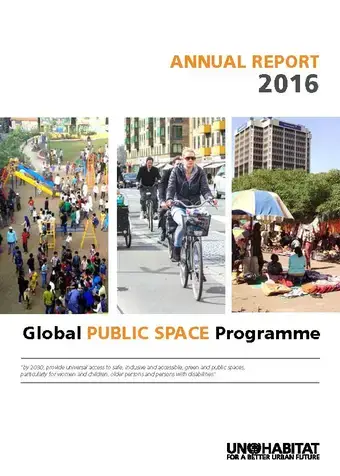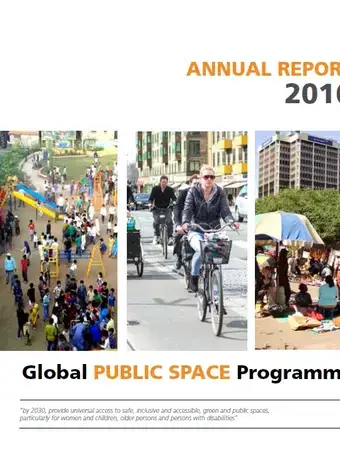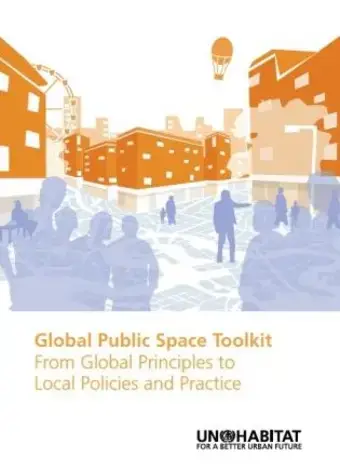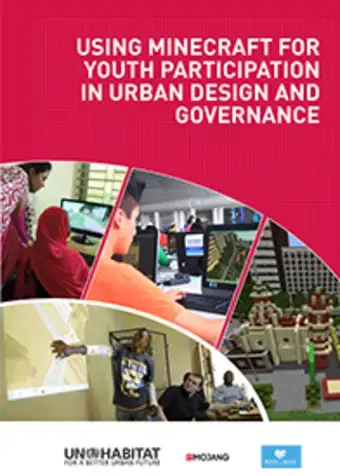Bamenda, Cameroon, 31 August 2016--In August 2016, UN-Habitat and the Government Delegate of Bamenda City Council, Mr.Vincent Nji Ndumu, launched the Bamenda Public Space and Market Place Programme.
UN-Habitat utilising Minecraft in the development of public spaces in East Jerusalem
East Jerusalem, 18 July 2016 –Working hand in hand with partners, UN-Habitat is working on improving public spaces in an East Jerusalem neighbourhood.
Global Public Space Toolkit: From Global Principles to Local Policies and Practice
Other documents
Global Public Space Programme
Launched in 2011, the Global Public Space Programme aims to improve the quality of public spaces worldwide. Public spaces have historically often been overlooked and undervalued by urban authorities but is increasingly being considered the backbone of cities. Public spaces are sites which are accessible and enjoyable by all without a profit motive and take on various spatial forms, including parks, streets, sidewalks, markets and playgrounds. Good public spaces enhance community cohesion and promote health, happiness, and well-being for all citizens.


 Kuala Lumpur 17 August 2016-- UN-Habitat conducted its’ first international workshop on public spaces titled “Creating safe, inclusive and accessible public spaces for all” in Kuala Lumpur, Malaysia early thismonth.
Kuala Lumpur 17 August 2016-- UN-Habitat conducted its’ first international workshop on public spaces titled “Creating safe, inclusive and accessible public spaces for all” in Kuala Lumpur, Malaysia early thismonth.
